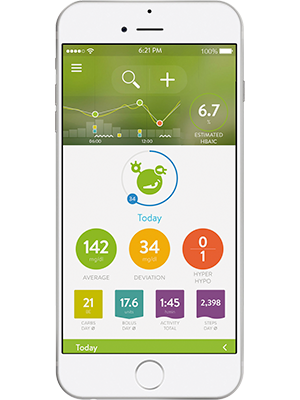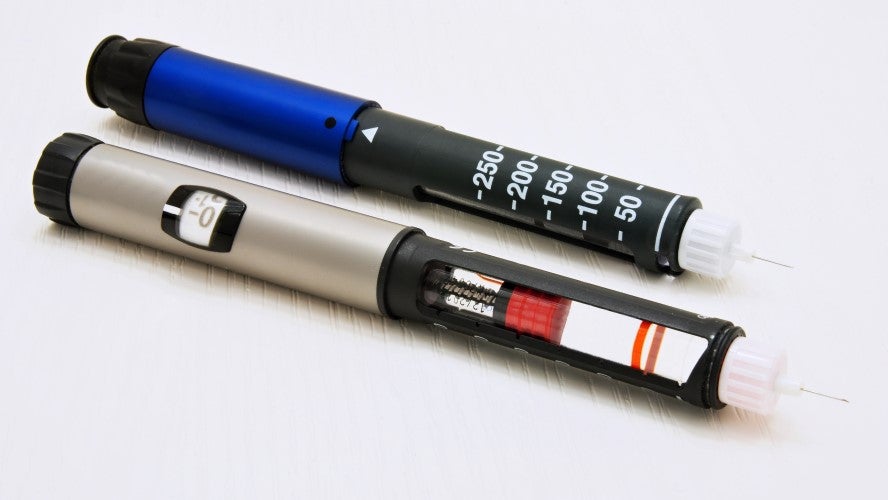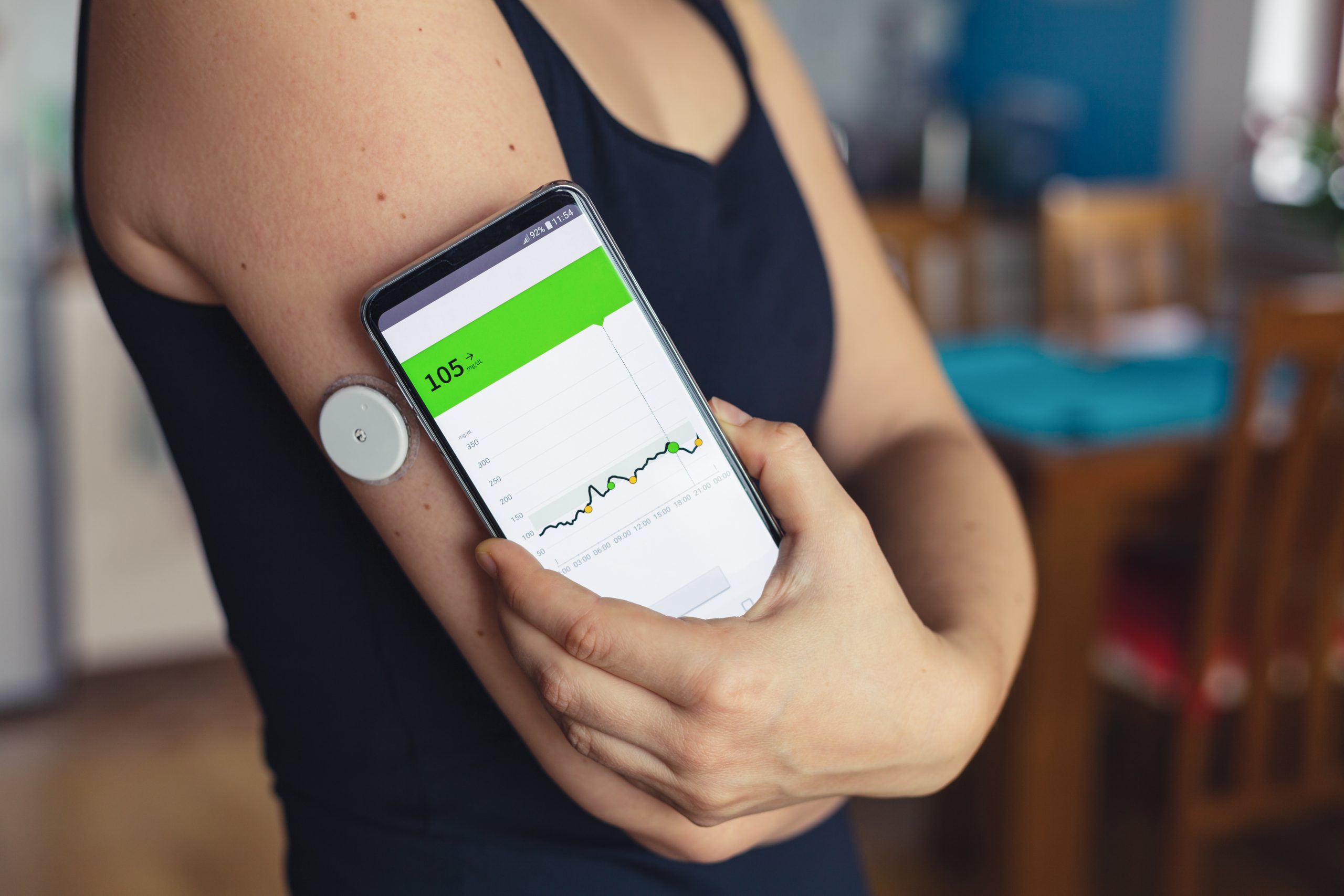Excerpt:
Managing diabetes can be a daily challenge, but with the help of modern technology, it’s becoming easier than ever. Diabetes management apps are now available to assist individuals in monitoring their blood glucose levels, tracking their medications, and making informed decisions about their health. In this blog post, we’ll explore the world of diabetes management apps and how they can empower you to take control of your diabetes.
Living with diabetes often involves a multitude of tasks – from monitoring your blood sugar levels to tracking your food intake, medications, and physical activity. Fortunately, technology has made these tasks more manageable with the advent of diabetes management apps. These apps are powerful tools that can help individuals with diabetes better understand and control their condition. In this comprehensive guide, we will delve into the world of diabetes management apps, their features, and how they can make your journey with diabetes smoother.
Understanding Diabetes
Before we dive into the world of diabetes management apps, let’s start with a brief understanding of diabetes itself. Diabetes is a chronic medical condition that affects how your body processes glucose, the sugar that provides energy to your cells. There are two main types of diabetes: Type 1 and Type 2.
Type 1 Diabetes: This is an autoimmune condition where the body’s immune system mistakenly attacks and destroys insulin-producing cells in the pancreas. People with Type 1 diabetes need to take insulin daily to survive.
Type 2 Diabetes: This is the more common form of diabetes, often associated with lifestyle and genetics. It can be managed through diet, exercise, and sometimes medication.
Both types of diabetes require regular monitoring of blood glucose levels to manage the condition effectively. This is where diabetes management apps come into play.
The Role of Diabetes Management Apps
Diabetes management apps are designed to simplify the lives of individuals living with diabetes. They offer a range of features and tools to help users track their health, maintain their blood glucose levels within a healthy range, and ultimately improve their quality of life. Here are some key features and benefits:
- Blood Glucose Monitoring
The cornerstone of diabetes management is monitoring blood glucose levels. Apps allow users to input and track their daily blood sugar readings. Some apps even sync with glucose meters, making it easy to store and analyze this vital data. By monitoring trends and identifying patterns, users can make more informed decisions about their treatment plan. - Medication Tracking
For those who require medication to manage their diabetes, these apps can serve as medication trackers. They can send reminders for when it’s time to take insulin or other medications, ensuring that doses are never missed. - Diet and Nutrition
Proper nutrition plays a significant role in managing diabetes. Many apps offer features to track food intake and provide nutritional information for various foods. Some even have barcode scanners to simplify data entry. These features enable users to make healthier food choices and better manage their blood sugar. - Physical Activity Tracking
Exercise is another essential component of diabetes management. Apps often include activity tracking to monitor workouts, count steps, and calculate the number of calories burned. Staying active is crucial for blood sugar control, and these apps can provide the motivation and data needed to maintain an active lifestyle. - Health Data Visualization
To help users understand their diabetes data better, many apps offer clear and informative data visualization tools. Charts and graphs can help users and their healthcare providers identify trends, triggers, and areas for improvement.
Top Diabetes Management Apps
Now that we’ve covered the fundamental features of diabetes management apps, let’s explore some of the top apps available in the market today. It’s important to note that the best app for you may depend on your specific needs and preferences, so be sure to explore and compare a few before settling on one.
- MySugr
Tag: MySugr, Diabetes App, Blood Sugar Monitoring, Health Tracking
MySugr is a user-friendly app that simplifies diabetes management. It provides blood glucose tracking, carb counting, and medication logging. The app also offers a gamified experience with challenges and rewards to keep users motivated. - Glucose Buddy
Tag: Glucose Buddy, Diabetes Monitoring, Glucose Tracking, Health App
Glucose Buddy is another popular app that allows users to log their blood glucose readings, medications, and meals. It provides easy-to-read graphs and charts, helping users spot trends and patterns in their blood sugar levels. - Diabetes:M
Tag: Diabetes:M, Diabetes Management, Glucose Tracker, Health Companion
Diabetes:M offers comprehensive features for tracking blood glucose, medications, and meals. It also includes a dedicated community feature where users can share experiences and insights with others managing diabetes. - One Drop
Tag: One Drop, Diabetes App, Blood Sugar Monitoring, Health Tracking
One Drop combines an app with a Bluetooth-enabled glucose meter. Users can sync their readings to the app for easy tracking. It also offers coaching and support from certified diabetes educators. - BG Monitor Diabetes
Tag: BG Monitor Diabetes, Blood Sugar Tracking, Diabetes Management
BG Monitor Diabetes is a simple and effective app for tracking blood sugar levels. It offers useful features without overwhelming users with excessive complexity.
These are just a few examples, and the choice of app depends on your specific needs and preferences. It’s advisable to consult with your healthcare provider before choosing an app, as they can offer valuable recommendations tailored to your unique situation.
How to Choose the Right Diabetes Management App
With a plethora of diabetes management apps available, it can be challenging to decide which one is right for you. Here are some factors to consider when making your choice:
- Compatibility
Ensure that the app you choose is compatible with your smartphone or other devices. Most apps are available for both iOS and Android, but it’s always a good idea to double-check. - Ease of Use
Choose an app with a user-friendly interface. You’ll want something that is easy to navigate and doesn’t add unnecessary complexity to your routine. - Features
Consider the features that are most important to you. Do you need comprehensive meal tracking? Are you looking for an app with an active user community? Make a list of your priorities and find an app that aligns with them. - Data Privacy and Security
Check the app’s privacy policy and ensure your data is handled securely. Your health data is sensitive, so it’s important to choose an app with a strong commitment to user privacy. - Integration with Devices
If you already have a glucose meter or other diabetes-related devices, look for an app that can seamlessly integrate with them. This can save you time and effort when inputting data.
The Future of Diabetes Management Apps
As technology continues to advance, so do the capabilities of diabetes management apps. In the future, we can expect even more sophisticated features, increased compatibility with wearable devices, and enhanced artificial intelligence algorithms to provide personalized recommendations for users.
Additionally, the integration of telemedicine into these apps is on the horizon. This means that users may be able to consult with healthcare professionals directly through the app, making it even more convenient to receive guidance and support.
Final Thoughts
Diabetes management apps have transformed the way individuals with diabetes monitor and control their condition. These apps are valuable tools that simplify the daily tasks associated with managing diabetes, empowering users to take charge of their health. However, it’s important to remember that while these apps are incredibly useful, they should complement, not replace, professional medical advice. Always consult with your healthcare provider for personalized guidance on managing your diabetes.
With the right diabetes management app by your side, you can make informed decisions, track your progress, and enjoy a healthier and more manageable life with diabetes. Take the time to explore the options available, find the one that suits you best, and embark on your journey towards better diabetes management today.
In conclusion, diabetes management apps are changing the landscape of how individuals manage their condition. These tools simplify the daily routines and empower users with the information they need to take control of their health. As technology continues to evolve, we can only expect more advanced features and increased integration with healthcare professionals. The key to effective diabetes management is in your hands, and with the right app, you can make that journey smoother and more informed.




